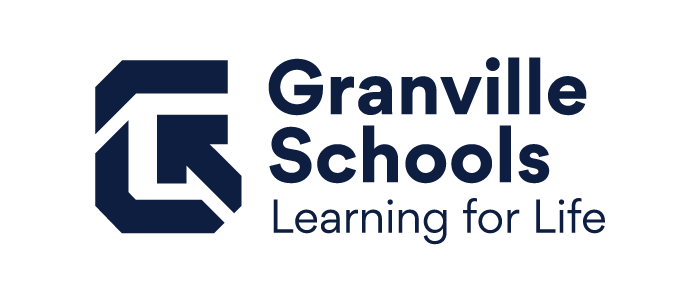Maintaining Integrity in Online Assessments
This video covers some of the main points to consider when assessing students in an online environment.
Main methods of cheating
- Unauthorized use of the internet (searching on their phone or Chromebook)
- Ask a friend (texting a friend for the answers)
- Having another person take the test
Some solutions
- Lockdown browsers – this assumes that a student doesn’t have another device available. AIR browser or MAP browser are good examples.
- Proctoring – multi-million dollar industry. Privacy concerns and disability concerns are high. Watching the students live with Zoom would be our best option in Granville Schools but should be used with extreme caution. Our biggest concern should be equity. An example, a student with ADHD might appear to be cheating due to erratic behavior but just struggles to sit for long periods of time.
- Plagiarism checking – this moves away from short answer style questions but is another tool at your disposal.
- Biometrics – identification methods to make sure that the expected student is taking the exam. In our case, they would need to be on camera.
More reasonable solutions
- Honor codes – setting the stage for students before they take online tests
- Exam dates – stay with a single date to prevent sharing of questions between students
- Presentation of questions – randomize order, only allow forward movement and time limits for assessments
- Larger number of essay or open ended questions
- Provide more questions than can be answered in time allowed.
- Have personal check-ins. Ask your students to verbally describe their understanding
- Performance based assessments / PBL. Move away from multiple choice, true/false, etc. Speeches, research papers, blogs, videos, games…
References
- Learning, D. (2017, July 14). What is a Performance Task? (Part 1). Retrieved July 27, 2020, from https://blog.performancetask.com/what-is-a-performance-task-part-1-9fa0d99ead3b
- Miller, A. (2020, April 29). Summative Assessment in Distance Learning. Edutopia. https://www.edutopia.org/article/summative-assessment-distance-learning
- Davis, M. R. (2019, May 17). K-12 Districts Wasting Millions by Not Using Purchased Software, New Analysis Finds. Market Brief. https://marketbrief.edweek.org/marketplace-k-12/unused-educational-software-major-source-wasted-k-12-spending-new-analysis-finds/
- Miller, A. (2020a, April 7). Formative Assessment in Distance Learning. Edutopia. https://www.edutopia.org/article/formative-assessment-distance-learning
- Family Educational Rights and Privacy Act of 1974, 20 U.S.C. § 1232g (1974).
- Corrigan-Gibbs, H., Gupta, N., Northcutt, C., Cutrell, E., and Thies, W. (2015). Deterring cheating in online environments. ACM Transactions on Computer-Human Interaction, 22(6), Article 28. Last access on February 3, 2016: DOI: http://dx.doi.org/10.1145/2810239
- Jones, I.S., Blankenship, D., and Hollier, G. (2013). Am I cheating? An analysis of online students’ perceptions of their behaviors and attitudes. Psychology Research, 3(5), 261-269.
Resources
- Performance Assessment Resource Bank – http://www.performanceassessmentresourcebank.org/bin/performance-tasks
- Defined Learning, Performance Task PD – http://www.performancetask.com/
- PBL Works, formerly the Buck Institute – https://my.pblworks.org/

